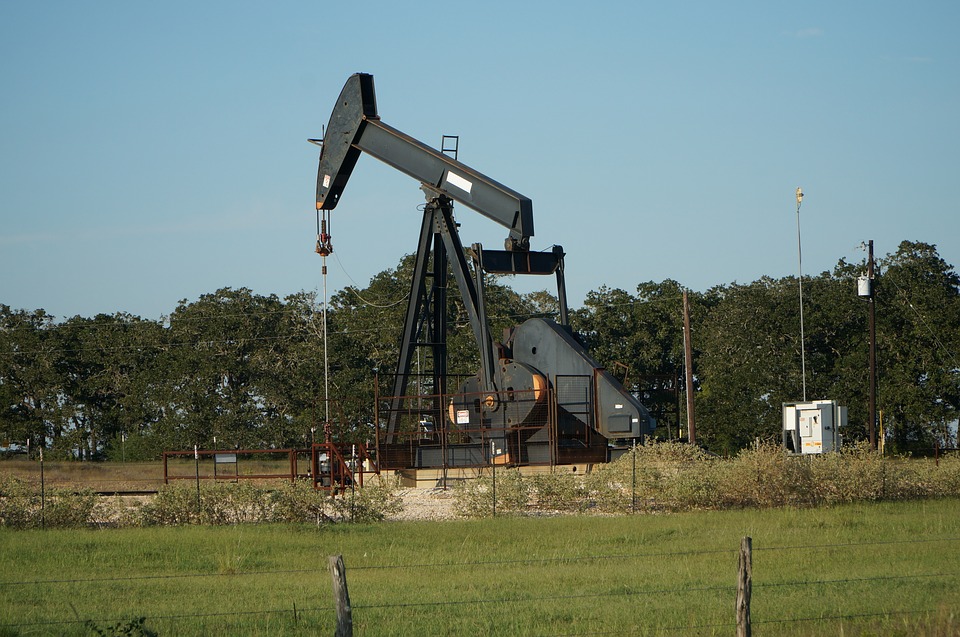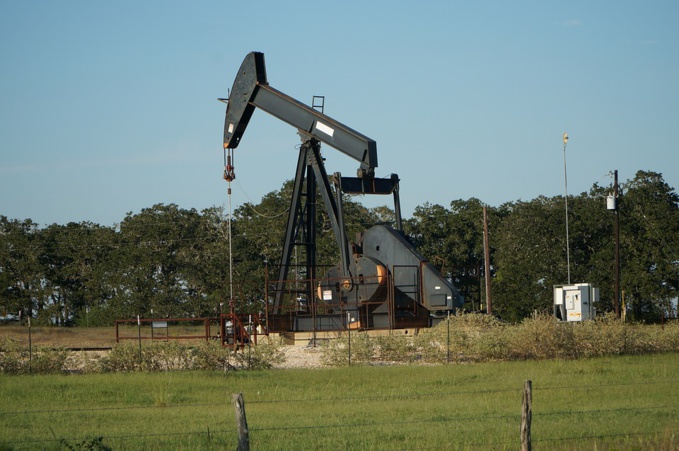The main US shale field, the Permian Basin, is producing increasingly more gas, while oil production, on the contrary, is falling. This is becoming a big problem, writes Bloomberg.
Associated gas is a by-product of oil production; the USA produce quite a lot of it, and therefore it is cheap. In the Permian basin, its reserves become too significant, and producers have to either pay to get rid of the fuel, or just burn it, which negatively affects the environment.
The efficiency of the fields is determined, inter alia, by the ratio of oil and gas produced. A field produces a lot of oil immediately after the discovery, but production drops over time. Sometimes fuel production decreases by 70% in the first year, and there is more gas than oil.
In the part of the Permian basin named Midland, the average field produces about 2,000 cubic meters of gas for each barrel of oil, says Tom Loughrey, the founder of the analytical company Oil Well Partners LLC. During the operation of one field, which is about 30 years, this figure grows to 5000 cubic meters. The figure reaches up to 7000 cubic meters in the area containing more gas in the Delaware basin. The problem is complicated by the fact that sometimes the wells are too close, or manufacturers interfere with each other.
Growth in gas reserves hit small oil producers hardest. In the third quarter of the year, emissions and burning of natural gas in the Permian basin reached record levels. This year, the Texas authorities issued about 6,000 permits for the burning of gas or its release. This is about 40 times more than was recorded at the beginning of the mining boom in the region 10 years ago, Bloomberg claims.
US Energy Secretary Dan Brouillette believes that undeveloped infrastructure resulted in problems in the Permian basin: even if gas is accumulated, it is not clear how to deliver it to the market. The field needs more pipes, he is sure. No new pipelines to appear next year: Kinder Morgan Inc. has been building a pipe, but postponed the launch until 2021 due to bureaucratic delays.
source: bloomberg.com, forbes.com
Associated gas is a by-product of oil production; the USA produce quite a lot of it, and therefore it is cheap. In the Permian basin, its reserves become too significant, and producers have to either pay to get rid of the fuel, or just burn it, which negatively affects the environment.
The efficiency of the fields is determined, inter alia, by the ratio of oil and gas produced. A field produces a lot of oil immediately after the discovery, but production drops over time. Sometimes fuel production decreases by 70% in the first year, and there is more gas than oil.
In the part of the Permian basin named Midland, the average field produces about 2,000 cubic meters of gas for each barrel of oil, says Tom Loughrey, the founder of the analytical company Oil Well Partners LLC. During the operation of one field, which is about 30 years, this figure grows to 5000 cubic meters. The figure reaches up to 7000 cubic meters in the area containing more gas in the Delaware basin. The problem is complicated by the fact that sometimes the wells are too close, or manufacturers interfere with each other.
Growth in gas reserves hit small oil producers hardest. In the third quarter of the year, emissions and burning of natural gas in the Permian basin reached record levels. This year, the Texas authorities issued about 6,000 permits for the burning of gas or its release. This is about 40 times more than was recorded at the beginning of the mining boom in the region 10 years ago, Bloomberg claims.
US Energy Secretary Dan Brouillette believes that undeveloped infrastructure resulted in problems in the Permian basin: even if gas is accumulated, it is not clear how to deliver it to the market. The field needs more pipes, he is sure. No new pipelines to appear next year: Kinder Morgan Inc. has been building a pipe, but postponed the launch until 2021 due to bureaucratic delays.
source: bloomberg.com, forbes.com



















